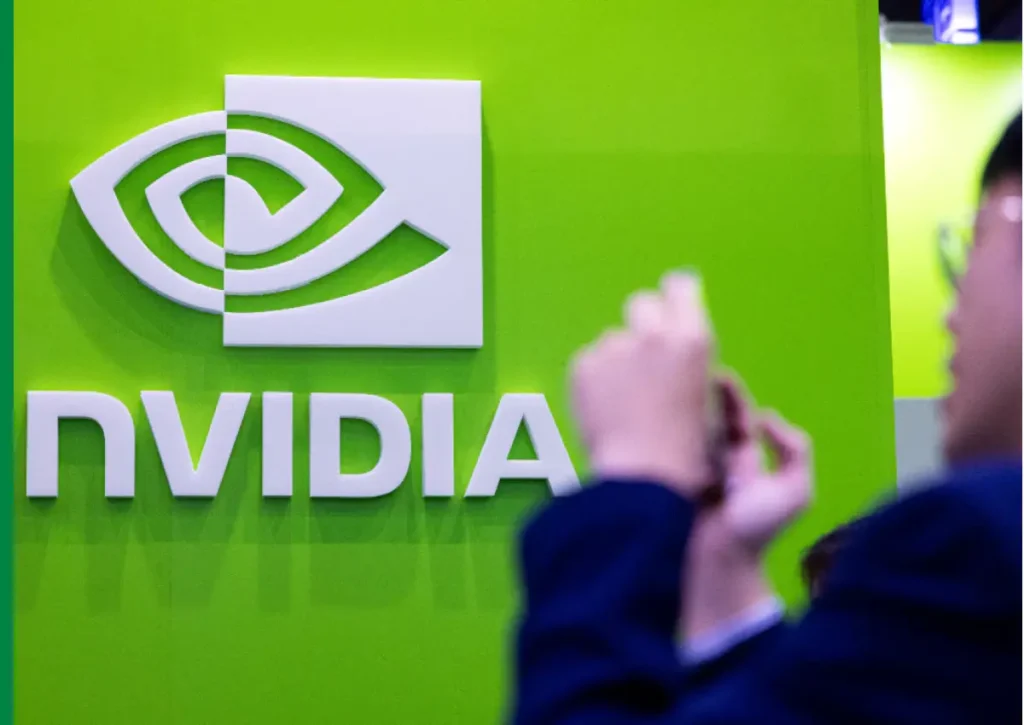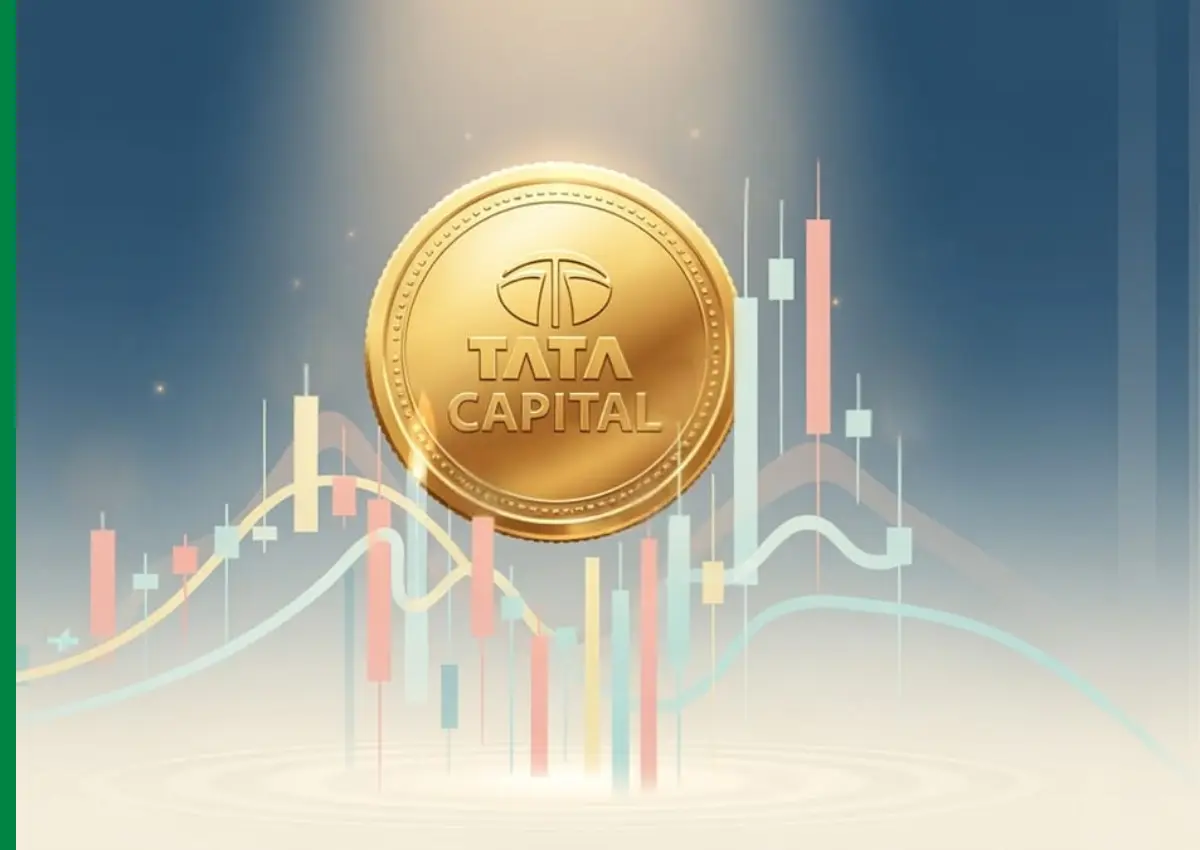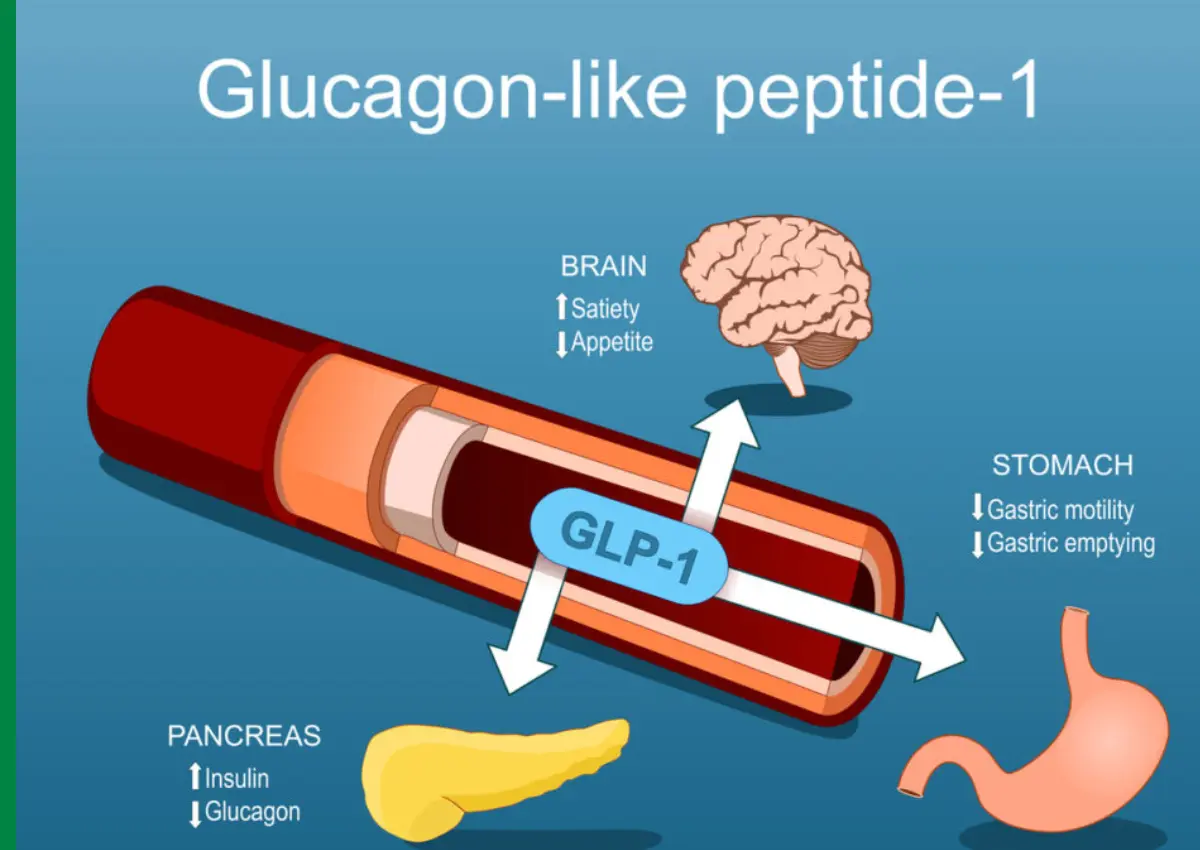One of the major changes has been observed in the artificial intelligence environment, with Nvidia Corporation reporting that it will resume the sales of its H20 AI chips to China, which had been in the holding pattern due to the months of regulatory limbo caused by the prevailing uncertainties between the US and China over the future of the two countries in terms of technology relations.
This development comes after Nvidia filed applications with the U.S. government to resume these critical chip exports, with the company expressing confidence that licenses will be granted soon. The semiconductor giant expects to begin deliveries shortly after receiving official approval, marking a notable turnaround from the restrictions imposed earlier this year.

The H2O Chip’s Strategic Importance
The H20 artificial intelligence processor is not really another product of the semiconductor but has turned into an attention point in the battledynamics between the United States and China. The H20 is not the most advanced AI chip of Nvidia, but it is the most powerful that the corporation is allowed to export to China due to the existing policies.
These chips are tailor-made towards the process of inference, which refers to executing already trained AIs to do real-world work but is unrelated to training new AI software. The difference has had them being of critical value to the Chinese technology firms interested in improving their AIs within regulatory mindsets.
The leading tech companies in China, such as ByteDance, Alibaba, and Tencent, had been working furiously to stock up their supplies of H20 chips in the first quarter of 2025, and because it was feared that the exports might be restricted. The strength of these processors is in the fact that they offer higher memory bandwidth than their Chinese counterparts, and Nvidia has its well-developed software platform that eases the deployment of the hardware.
Market Impact And Regulatory Turbulence
This announcement has been preceded by a lot of regulatory volatility. In April 2025, Trump administration imposed the restriction on the sale of H20 chips that surpassed the given performance criteria, i.e., the total memory bandwidth of the processor of 1,400 gigabytes per second, input/output bandwidth of 1,100 GB per second, etc.
The move was indeed a risk by potentially costing Nvidia millions in terms of losses linked to its revenue, as it is estimated to be between 15 billion and 16 billion dollars with regard to the amount spent in the first quarter alone by Chinese firms. The monetary consequences were not limited to sales because this will have repercussions in the overall FTSE placement of Nvidia in China, one of the largest technology economies globally.
However, the restrictions proved short-lived following high-level diplomatic and business engagements. CEO Jensen Huang’s participation in discussions with administration officials, including meetings in Washington and Beijing, helped facilitate policy reconsideration. The company’s commitment to substantial U.S. investments, including plans for AI server manufacturing worth up to $500 billion over four years with partners like TSMC, appears to have influenced the policy reversal.
Industry Response
The news has left the market in an optimistic manner, as Nvidia shares have increased in the after-hours trading after the news by 4.5 percent. The industry analysts have termed the event as a big win by the company, as Ray Wang of Futurum Group pointed out that “the end of the H2O ban is a big step in the right direction.”
This policy change follows the broader trends of relaxation of technological animosity between the United States and China in other aspects of foreign policy, such as preliminary agreements on trade that are indicative of the willingness of both countries to retain economic collaboration even despite strategic rivalry.
New Market Offerings
In addition to getting a revival of H20 sales, Nvidia is rolling out the RTX Pro chip that would be exclusively targeted at the Chinese market. The firm refers to this processor as a fully compliant one with existing regulations and designed to perform digital manufacturing tasks such as smart factories and logistics systems.
It is a focused strategy that proves that Nvidia is ready to supply Chinese citizens and abide by the regulations.
Bigger-Picture Synthesis to Technological Policy
Lawmakers have criticized the flip-flop because, in general, inconsistency does not support the position to curb China when it comes to AI. Among the developments they cite is DeepSeek, a Chinese startup that successfully developed an ambitious AI model on Nvidia chips, model H800 (the forerunner of H20), which it refers to as a sign of the strategic significance of consistent export controls.
Its H800 chips, which were a little stronger than the H20, were prohibited in October 2023, although Chinese suppliers have been said to have devised ways around the ban, underscoring the difficulty in enforcing restrictions on technology in a globalized manufacturing ecosystem.
This turn discloses the two-headed game of the U.S. on the one hand, its national security, and on the other hand, its pursuit of leadership in technology. Unless 2025 is an indicator, more twists are yet to come in the tech-policy saga.



